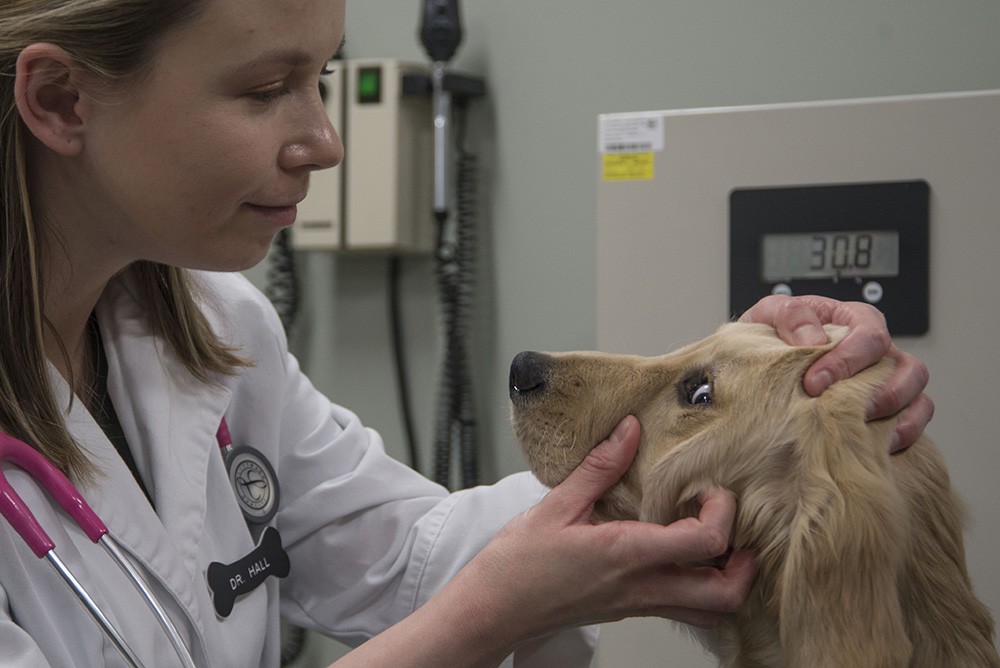Maine Veterinary Medical Association: Lobbying
In an effort to address Maine’s opioid crisis the 127th Legislature passed a law—PL 488—which made significant changes to the state’s Prescription Monitoring Program and how all prescribers provided controlled substances, including veterinarians. While veterinarians do have a responsibility to the public to ensure that those drugs are managed safely and they take that responsibility very seriously, they do not have human medical exposure or the proper training to maintain the privacy of clients’ personal medical records.
Because the law was difficult for practicing veterinarians, raised significant privacy concerns, and was not having the intended effect, the Maine Veterinary Medical Association (MVMA) sought the help of Maine Street Solutions (MSS) to change the law. In 2018, MSS asked Senator Jim Hamper, then a member of the Health and Human Services Committee, to sponsor LD 1730, An Act to Remove Veterinarians from the Controlled Substances Prescription Monitoring Program. Knowing that Senator Hamper would do his due diligence, MSS preemptively called Senator Hamper’s veterinarian who they had an established relationship with to discuss the proposed bill. When the Senator made contact with his vet, he was advised that the current law was fraught with issues and the law needed to be changed. In hearing this feedback from his own trusted practitioner, Senator Hamper agreed to sponsor the bill.
With a sponsor onboard, MSS then shepherded the bill through the Legislative Council process, finally getting the bill approved for consideration by the full Legislature. Once introduced, the MSS team began working with stakeholders including the Department of Health and Human Services, the Maine Medical Association, the Board of Veterinary Medicine, the Board of Pharmacy as well as legislators on the committee, including a licensed pharmacist who others on the committee looked to for guidance on such matters. While MSS was reaching out to stakeholders, they asked two things of the MVMA. First, they directed members of the MVMA to reach out to members of the Health and Human Services Committee as well as their own elected officials to explain to them the real world impacts of the current law and how the Association’s proposal would address the issues. Second, they asked the Association to find practicing vets willing to testify at the bill’s public hearing.
Through the stakeholder process and public hearing it became clear that the bill, as written, was not the preferred remedy for the issue, but with careful and deliberative discussions with interested parties, an agreement was reached. The compromise language, while not perfect for veterinarians, significantly addressed their major concerns, was acceptable to other stakeholders, and most importantly, honored the intent of the original law.
Given the significant strategic and collaborative groundwork of the Maine Street team and the MVMA, the amended bill received a unanimous committee vote, passed both the Senate and the House with no objection or debate and was signed into law by the Governor Paul LePage.


